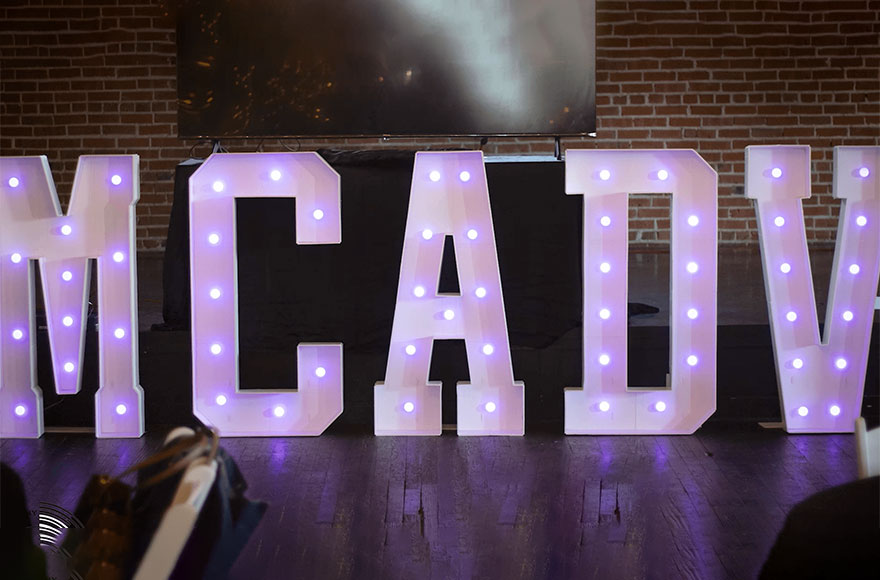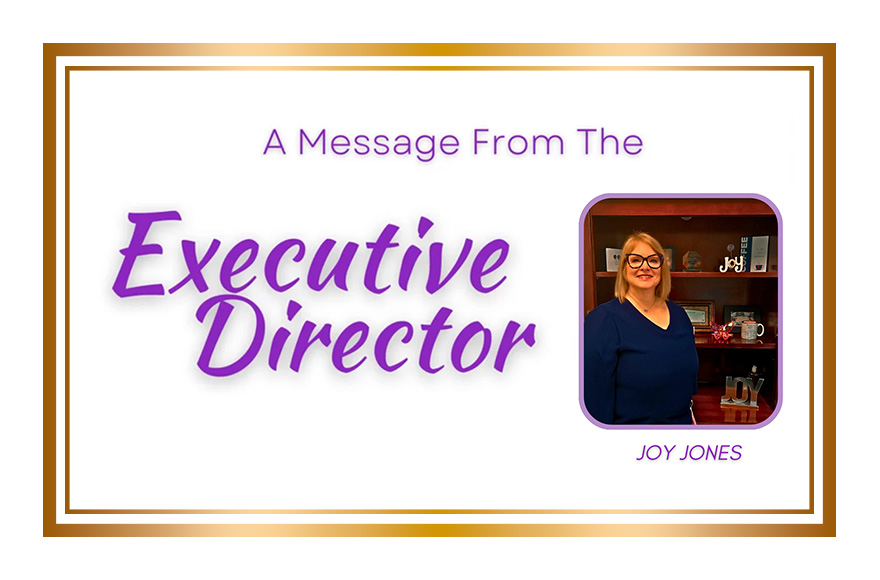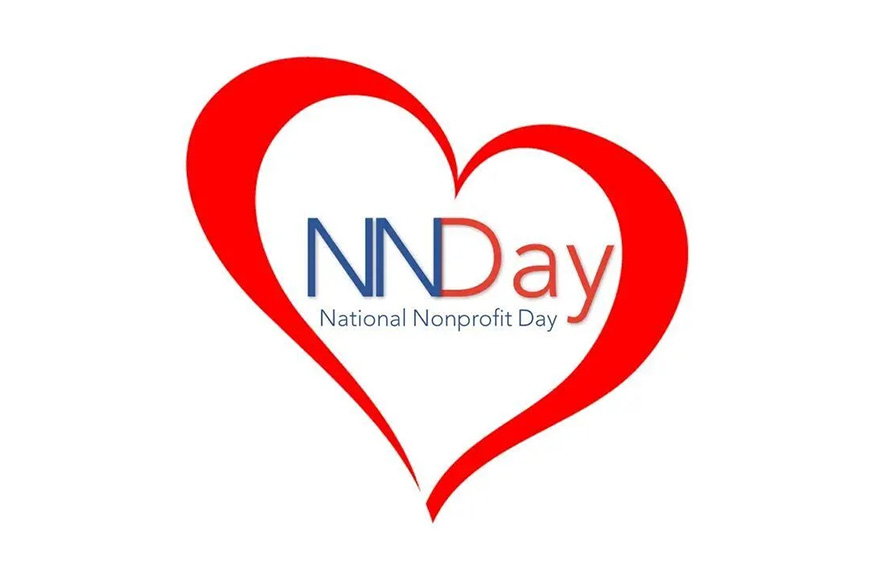
On August 17th, National Nonprofit Day (NND) recognizes the goals and positive impacts nonprofits have on communities and the world. Somewhere a volunteer reads to school children. At the same time, a patient receives steady medication. A lawyer provides legal services for low-income individuals. A first-time homebuyer moves into his own home. NND reminds us that each of these scenes is possible because of the nonprofit sector and the work performed by capable men, women, and organizations.
Since our inception, MCADV has provided education and resources to advocates, equipping them with the tools needed to empower domestic violence victims, helping them become survivors. For over 40 years, we have collaborated with statewide and national organizations to provide trainings and education about domestic violence and advocacy. MCADV consistently provides education to legislators that promotes lifesaving policy that protects advocates, victims, and survivors of domestic violence.
Through nonprofits, awareness, research, and aid reach the people who need it most. Nonprofits also produce tremendous benefits to their surrounding communities and the broader world. Help MCADV continue the work by making a donation to our organization today. Your donation will have a great impact on sustaining our work.
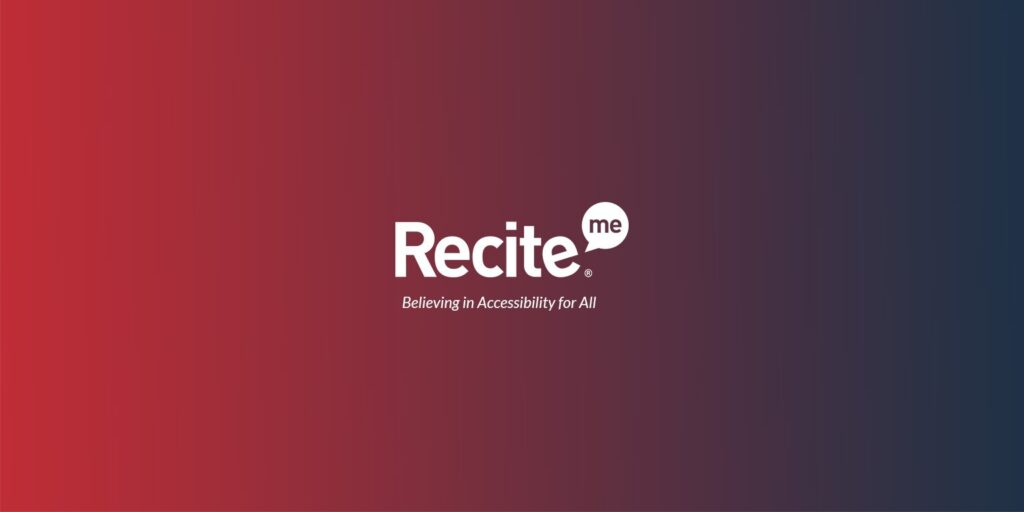
MCADV is excited to announce the addition of the Recite Me Accessibility tool to our website! Because domestic violence can affect anyone, everybody needs access to information about violence and healthy relationships. 1 in 4 people in the United States has a disability. This includes people with dyslexia, intellectual or developmental disabilities, who are blind or have low vision, or who otherwise face barriers to information due to inaccessible websites.
The Recite Me toolbar provides our website users with a wide range of accessibility and language support options including, text to speech functionality, fully customizable styling features, reading aids and a translation tool with over 100 languages. Everyone should be able to access our website in the language they are most comfortable. Recite Me provides text translation for more than 100 languages, as well as 35 text to speech voices. It gives an inclusive online experience with customizable options allowing users to choose how they navigate and consume information.
The Recite Me website accessibility tool provides every MCADV website user with the tools needed to create a unique experience. For more information on the Recite Me accessibility tool and to utilize it on our website, click here.

You Can’t Drink from an Empty Well
A victim of domestic violence is fighting for her life. She has three small children and her perpetrator/partner is not the father of the children. He told her that if she tries to leave, he would put a bullet through their hearts.
Abusers may use children to maintain power and control within the relationship. Certain tactics used by an abuser to maintain power and control over a survivor may include limiting their ability to independently meet the physiological needs of themselves or their children (Schreiber, 2020).
She is beaten, battered and bruised. Her clothes are bloodied and full of stretched holes. Her children have yet to have a bath because she is in so much pain. She is purple and blue, disguised and unnoticeable. She is running on fumes. She makes the call for help when he goes out to smoke. “I just need help, because he is going to kill me and my kids won’t have a mother because of decisions I did or didn’t make. Please help me. I have no money because he won’t let me work but I have food stamps.”
When he leaves for work, he chains her leg to the bed. With the police assistance, she is freed. She enters the shelter. Staff are there with open arms helping with the children and assisting with her belongings.
“First things, first. Mom, does anyone need medical attention?” She stated that she is malnourished but doesn’t want to go to the hospital looking like she does, soiled and dirty. She states, “My kids are fine but I may need some medical attention. Staff replies, “We can watch the children. The hospital won’t allow them in the emergency room because of the alarming number of COVID patients entering in and out.”
Are you and your children hungry? When was your last meal? Do you all want to take a shower and put on some clean clothes? She breaks down in tears. She then says, “You all don’t even know me and yet you want to help me? I haven’t had a bath in two days because he wouldn’t let me out of his sight. I am soiled. I am stinky. I am exhausted. I am starving; all the food he allowed me to have, I gave to my children.”
She breaks down again. The children are taken into the family room and the staff soothes the mother.
The shelter staff inform her that a hot meal is being prepared and they can complete hygiene while the food is being cooked. The staff enters the restroom and runs bath water to help bathe the children while the mom takes a shower. After eating, they all take a nap. They sleep for hours, recovering from pure exhaustion and trauma.
It is vital to understand that meeting basic needs of the victims is mandatory and comes first. This victim cannot adequately care for her children if she has not had time to care for herself. There is a saying that YOU CAN’T DRINK FROM AN EMPTY WELL. This is true! The basic principle behind Maslow’s hierarchy of needs is that you cannot address people’s needs of security, belongingness, and self-worth without addressing their BASIC physiological needs first (food, shelter, water, air, clothing and sleep) (Rebuilding the Foundation by Addressing Basic Needs, 2013).
Maslow’s Hierarchy of Needs (1943) is the physiological driving force that establishes the needs of an individual to achieve their potential and feel empowered. The model consists of five stages, which are categorized into three overall needs. Fundamentally, physiological and safety needs are the basic needs a person requires to survive; belonging, love, and esteem are psychological needs.
Tackling the basic needs of an individual, could encourage victims to interact with other services, promote their well-being and motivate the victim to climb Maslow’s Hierarchy of Needs (1943), possessing the opportunity to reach self-actualization. Thus, allowing the victim to live and survive independently. Isolation is further explored by Maslow’s Hierarchy of Needs (1943), which suggests that people require a foundation layer of support and sense of security: before they can feel comfortable or confident enough to redevelop connections with family and friends and begin to feel confident (Quinn-Walker, 2020).
If shelter programs take care of the whole person and not just the bruises of the outer shell, the victim has a greater outcome of learning how to live a life free from domestic violence.
An awareness of these unique experiences and potential barriers associated with survivors’ social identities is critical for individuals and organizations who are interested in supporting survivors of intimate partner violence in their healing process. With this awareness, we can provide more personalized, meaningful services. We better equipped to understand, validate, and partner alongside each survivor’s lived experience (Schreiber, 2020).
*Maslow, A, H. (1943) A theory of human motivation. Psychological Review, 50, pp. 370-396. Doi
*Rebuilding the Foundation by Addressing Basic Needs, 2013
*Schreiber, Erika. (2020). Physiological Needs. YWCA Spokane Domestic Violence Action Month Committee
*Walker-Quinn, Natalie. (2020). Maslow Hierarchy of Needs and Domestic Abuse. WordPress.com
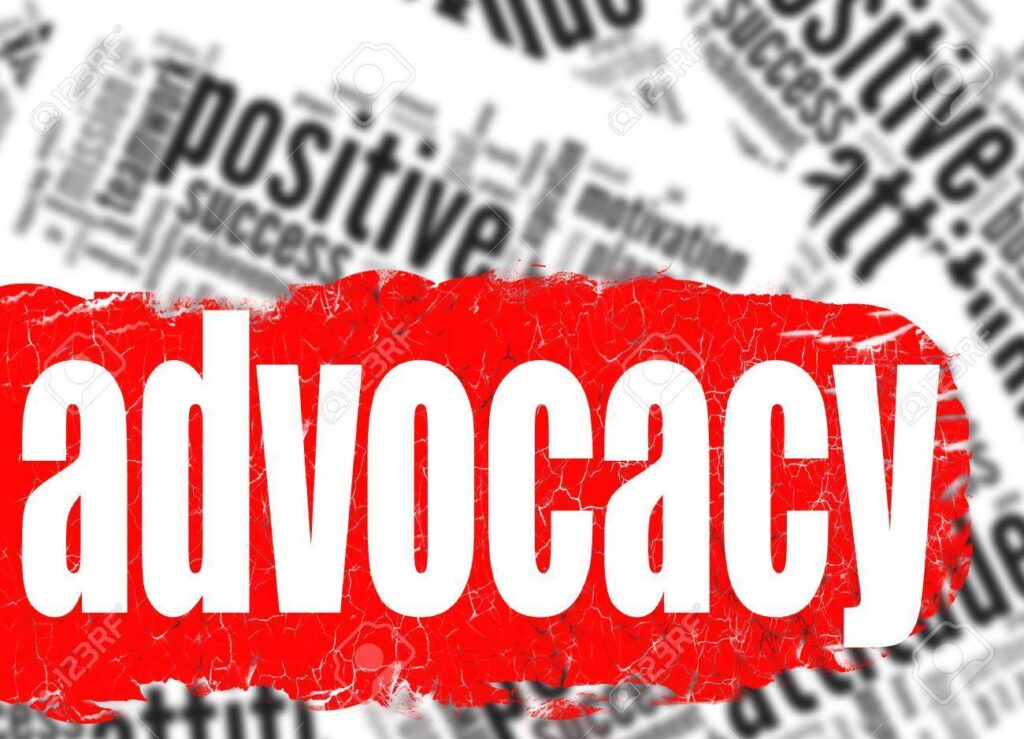
The Art of Advocacy
When most people hear the title Domestic Violence Advocate, the average person thinks of one who helps or supports someone needing to get out of abusive relationship or marriage. We often think that an advocate is someone who publicly supports a particular issue or policy. Working in Victim Services, we understand that an advocate is sometimes a caregiver, a social worker, a listening ear, a voice of reasoning and a shoulder to cry on. Yet, this person carries the torch to support domestic violence issues and policies, all while still providing emotional support and direct services.
When thinking about advocates, victims, and survivors of Domestic Violence; we realize that true advocacy is twofold: strategic and direct. The work to end domestic violence gains complexity due to the changes and advances of our society. It requires creative strategies to improve systems and polices that assist in helping victims leave unhealthy situations and rebuild meaningful lives. This is only possible when advocates share compelling stories and testimonies of how direct services have saved many lives and shed light on the need for advancement in rights and resources provided to victims and survivors. A recent example of strategic storytelling and advocacy is the passing of the Sustain the Crime Victims Fund Act of 2021.
The Victims of Crime Act (VOCA) Fund was created by Congress in 1984 to provide federal support to state and local programs that assist victims of crime. VOCA uses non-taxpayer money from the Crime Victims Fund (CVF) for programs that serve victims of crime, including state-formula victim assistance grants. In federal Fiscal Years 2015-2018, Congress released substantially larger sums from the CVF. However, the VOCA funds released annually begin to decline because of shrinking deposits and subsequent declines in the CVF balance. The declines were due to prosecutorial strategies that have changed over the course of the last decade, and were not a partisan issue. When deposits into the CVF were reduced, the amount allocated to states for victim services were also reduced. Mississippi experienced a drastic cut in further allocations which could cause a mass decrease in the services our shelter programs could provide.
Mississippi Coalition Against Domestic Violence joined the National Network to End Domestic Violence in its campaign to provide education about the VOCA Fund Fix. MCADV participated in many national conversations and meetings to discuss strategies and concepts to coordinate Advocacy amongst service providers and shelter programs. Advocates from across the state attended meetings and trainings to cultivate adequate storytelling and provide issue based talking points. For over two years, Mississippi Domestic Violence advocates and shelter programs called, emailed, and tweeted their legislators about the massive impact of the VOCA fund on direct, transitional, and mobile services. Only July 20, 2021, the U.S. Senate passed H.R. 1652, the VOCA Fix to Sustain the Crime Victims Fund Act of 2021 (“VOCA Fix”), with an extraordinary vote of 100 to 0. This victory was sealed by the signing of President Joe Biden and was presented into law.
Mississippi Coalition Against Domestic Violence would like to thank our many advocates, partners, and community members for their endless advocacy to ensure that victims and survivors of domestic violence continue to receive adequate direct, transitional, and mobile service. For information on Federal and State policies affecting Domestic Violence service, please contact our Policy and Systems Advocacy Coordinator at robin.jackson@mcadv.org.
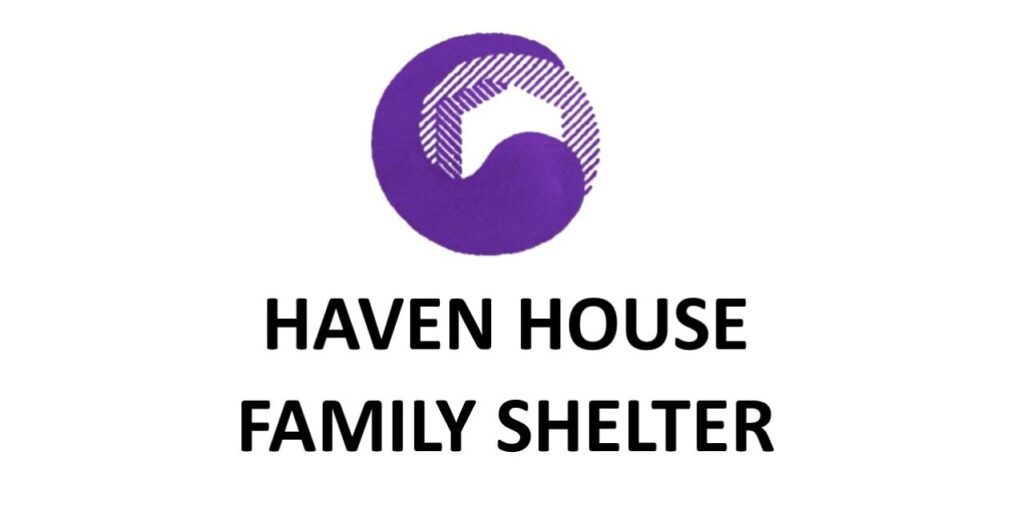
Shelter Spotlight
Haven House Family Shelter
Haven House Family Shelter in Vicksburg, MS, established in 1985 as The Mental Health Association Family Shelter, has evolved since its grassroots beginnings to include outreach services, educational awareness, and a childcare program. In order to survive and thrive from the trauma of abuse, survivors need a multitude of services in shelter and a network of support throughout the community.
The Shelter program provides safety and basic emergency care for residents and their children including essential items such as food, clothing and personal care items. A Case Manager encourages victims to set personal goals and assists with referrals to meet those goals. An on-site Counselor offers guidance for the healing process. Childcare supports the parent and helps bridge gaps in educational and social development. Each staff member is a spoke on the wheel that assists each individual in moving forward toward empowerment and sustainability.
In the community, outreach staff offers off-site services to victims, not requiring shelter, and through regular court advocacy. They host Coordinated Community Response (CCR) meetings monthly. Notably, outreach advocates also work in collaboration with the City of Vicksburg’s Beverly Prentiss Victim’s Empowerment Program to serve victims on dedicated docket days for domestic violence cases in Municipal Court and other courts as needed. Education and awareness activities also fall under the umbrella of Outreach to the community.
Website and Social Media Links
Website – www.myhavenhouse.org

